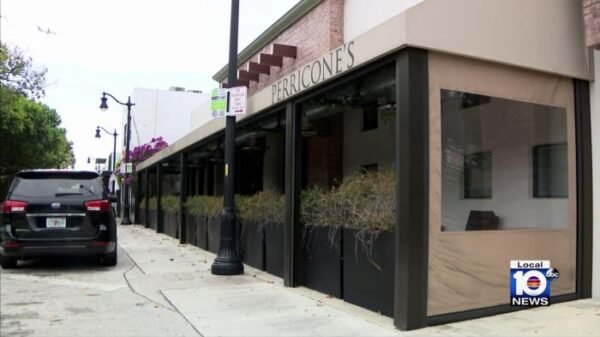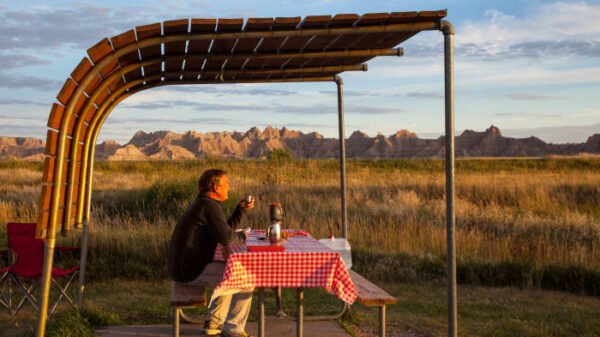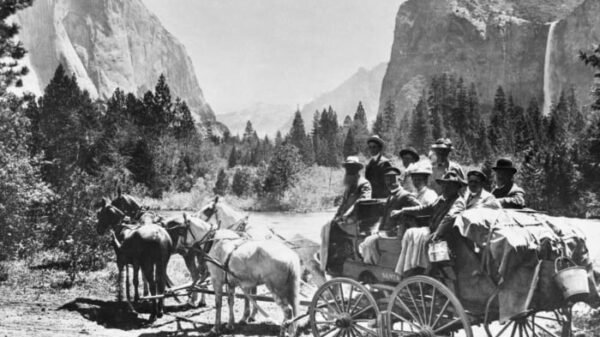Bye bye backpackers — hello culture buffs?
When it comes to tourism, some trends have a way of shaping the way we explore the world. In recent years, there has been a noticeable shift from traditional backpacking to a more immersive cultural experience. While backpacking often focuses on budget travel and exploring natural wonders, the rise of cultural tourism has brought a whole new dimension to the way we travel. This article will delve into this evolving trend, exploring the reasons behind it and the benefits it brings to both travelers and local communities.
The Rise of Cultural Tourism
In the past, backpackers were often associated with young, budget-conscious travelers who sought out adventure in far-flung destinations. They would often prioritize natural landscapes, hostels, and cheap eats. While this type of travel still exists, a growing number of travelers are seeking a deeper understanding of the places they visit by engaging with the local culture.
This shift towards cultural tourism can be attributed to several factors. Firstly, globalization and technology have made information more accessible to travelers, enabling them to better understand and appreciate different cultures. Additionally, social media and online travel platforms have opened doors to experiences that were previously unknown or only accessible to those in the know.
The Benefits of Cultural Tourism
Cultural tourism offers a multitude of benefits for both tourists and local communities. For the traveler, it provides a more enriching and authentic experience. Rather than simply passing through a destination, culture buffs immerse themselves in the local traditions, history, and way of life. This hands-on approach allows them to gain a deeper appreciation for the people, the culture, and the destination itself.
On the other hand, cultural tourism can bring economic benefits to local communities. By engaging with local artisans, guides, and businesses, travelers are directly supporting the local economy. This enables communities to preserve their cultural heritage and maintain their way of life, leading to sustainable development and greater opportunities for future generations.
Engaging with the Local Community
One of the hallmarks of cultural tourism is the opportunity to engage with the local community. Whether it’s through attending cultural festivals, participating in cooking classes, or staying with local families, travelers can form meaningful connections and learn firsthand about the culture they are visiting.
Engaging with the local community not only provides a unique perspective but also fosters mutual understanding and respect. It allows travelers to break down stereotypes and challenge preconceived notions. By immersing themselves in the daily life of the locals, travelers become ambassadors of their own culture, promoting cultural exchange and bridging gaps between different societies.
Cultural Conservation and Sustainability
Cultural tourism also plays an important role in the conservation and sustainability of cultural heritage. By bringing attention and resources to cultural sites and traditions, travelers contribute to their preservation. This can involve funding efforts, participating in restoration projects, or simply respecting the cultural practices and customs of the local community.
Furthermore, cultural tourism often promotes sustainable practices. Authentic cultural experiences often go hand in hand with a respect for the environment and local resources. Travelers are more likely to support eco-friendly initiatives, engage in responsible tourism practices, and promote the conservation of natural landscapes.
Challenges and Opportunities
While cultural tourism offers numerous benefits, there are also challenges that need to be addressed. One of the major concerns is the risk of over-commercialization, where cultural experiences become staged or inauthentic. It is essential that efforts are made to maintain the integrity and genuineness of cultural encounters, ensuring that they are not watered down for mass consumption.
Another challenge lies in striking a balance between tourism and the preservation of local traditions. While cultural tourism can bring economic benefits, it’s crucial to ensure that the local community’s needs and desires are considered. Collaboration and consultation with local stakeholders are essential to avoid exploitation and to ensure that the benefits are distributed equitably.
Conclusion
As tourism continues to evolve, the rise of cultural tourism brings a refreshing change to the way we explore the world. By immersing ourselves in the culture of a destination and engaging with the local community, we can gain a deeper understanding and appreciation for the world’s diverse cultures. This type of travel not only enriches our own lives, but also contributes to the economic development and preservation of cultural heritage. So, next time you plan a trip, consider being a culture buff rather than just a backpacker, and experience the world in a whole new way.
*Source www.hindustantimes.com




































